Strategy, Legal & Operations
3 learnings food manufacturers can take from recent product recalls
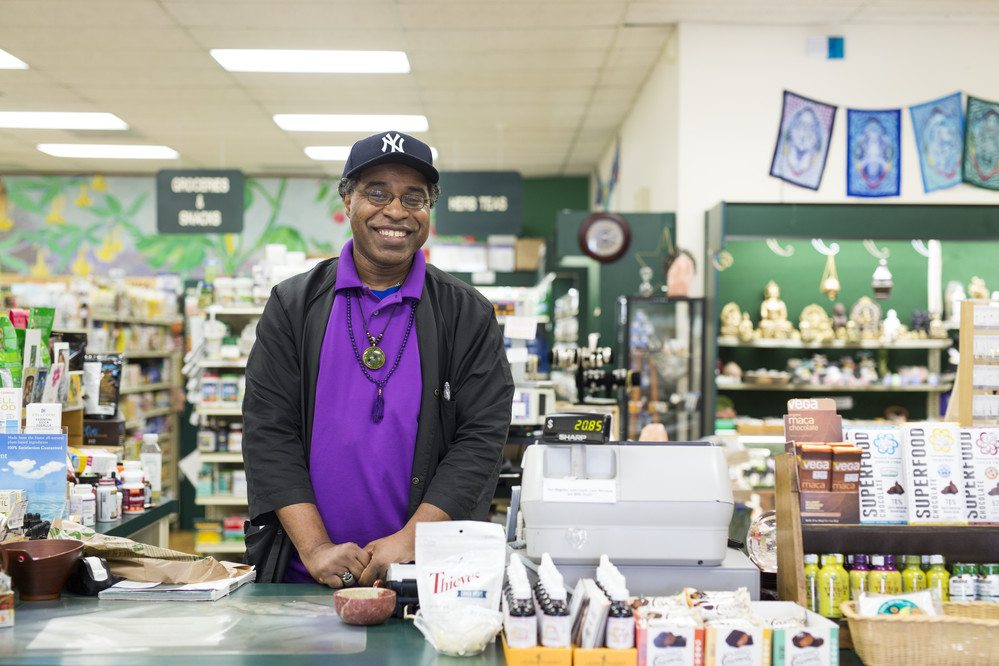
When it comes to product recalls, the food and beverage industry takes the cake. While retail giants like Sainsbury, Tesco, Morrison, and Waitrose, dominated the headlines earlier this year, as they recalled multiple food products, owing to various health and safety risks, the trend seems to be continuing with players like Asda and Lidl joining the list. In November this year, Asda recalled its Buttery Spread due to fear it may contain pieces of clear hard plastic, whereas Lidl withdrew its popular Italiano Italian style Chicken Thighs due to a distributor’s labeling error.
The inordinate number of recalls occurring across the industry per year goes on to show that, irrespective of the size, stature, and status of the food manufacturer/ retailer, product recalls can happen to anyone. However, the thing about product recalls is, they are avoidable.
Here’s what food manufacturers and retailers can learn from the recent product recall scares to avoid similar episodes from happening in future.
Know your suppliers
Earlier this year, 45 different products were withdrawn on safety grounds by Sainsbury’s, Morrisons and Waitrose, after their supplier distributed a batch of contaminated potatoes. The episode highlights the need for overall traceability, throughout the supply chain. With food supplies coming in from various suppliers and going into one common bin, especially in the case of large enterprises, it is paramount that the food manufacturers and distributors know the source and credibility of each supplier, and are able to identify and trace which ingredient or product came from which supplier and when.
Test finished products
One of the best ways a food manufacturer or processor can ensure that it doesn’t ship any unsafe product to their retailers or customers is to randomly sample and test finished product before it leaves their facility. Identifying a potential food safety issue before a product leaves the facility will allow manufacturers greater control in dealing with the issue before compromising the food supply chain and creating conditions that could lead to a recall.
Response is everything
Despite multiple food regulations and safety precautions, some element of unpredictable – such as wrong labeling or barcoding, malicious tampering, etc – will always remain, when it comes to food production and distribution. In such cases, where a recall is imminent, how fast you move and take corrective measures will spell the difference between continued brand loyalty and a crippling business. Collating information, sending notifications to issuing customer advice notice and withdrawing all products from the market are all important steps towards mitigating the impact of a recall while maintaining brand loyalty.
To further safeguard themselves against a recall, food manufacturers and retailers can also consider buying a product recall insurance and monitoring ingredients recall sites such as FDA or FSA regularly. However, in an environment as global and complex as the food industry, there will always be some risk lurking in the supply chain. Overall transparency through an integrated system is the only way, food processors and retailers can micro-manage the entire supply chain that feeds their business.
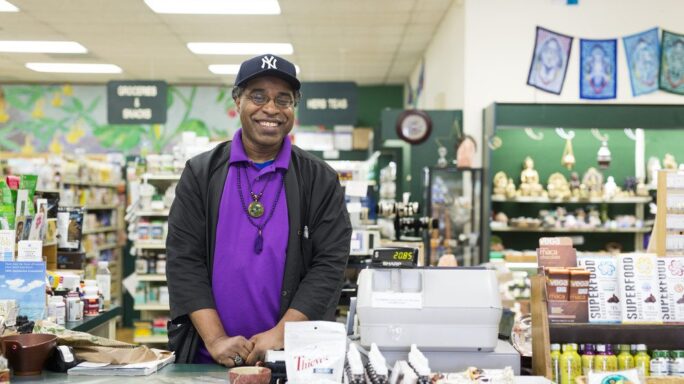
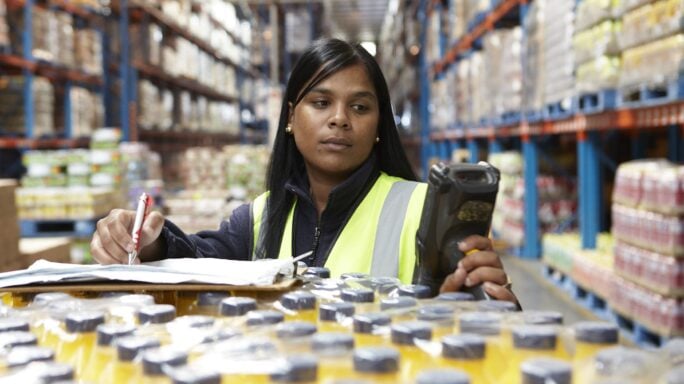

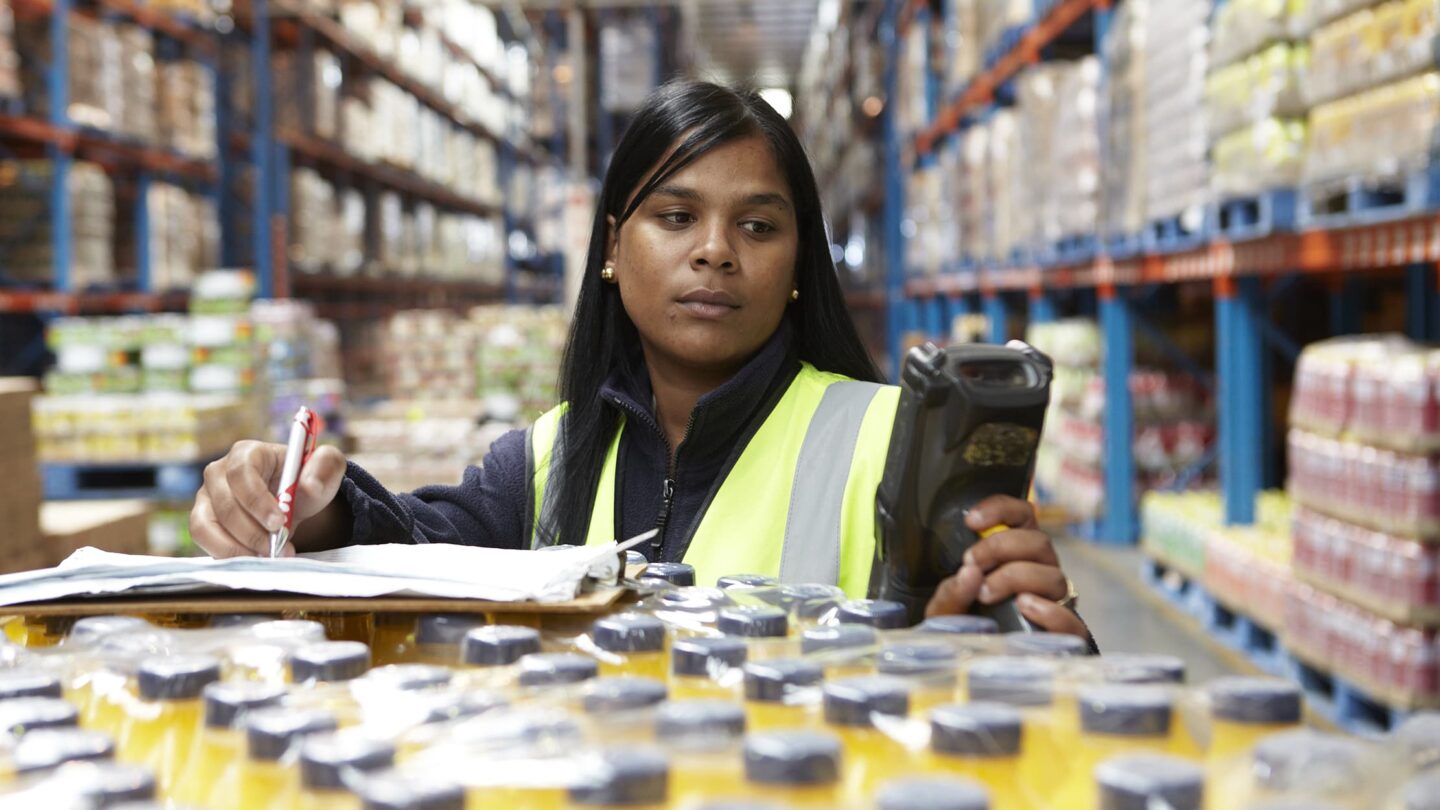



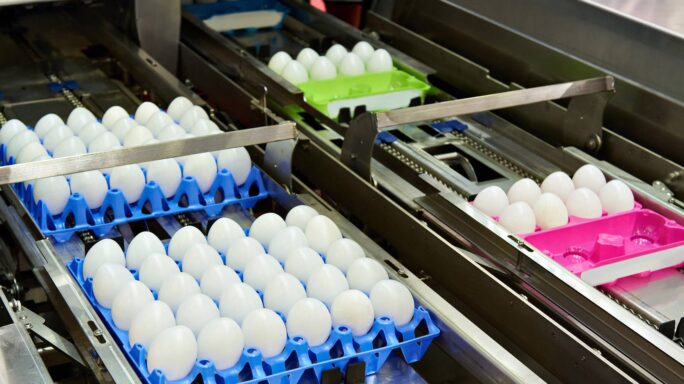
Ask the author a question or share your advice